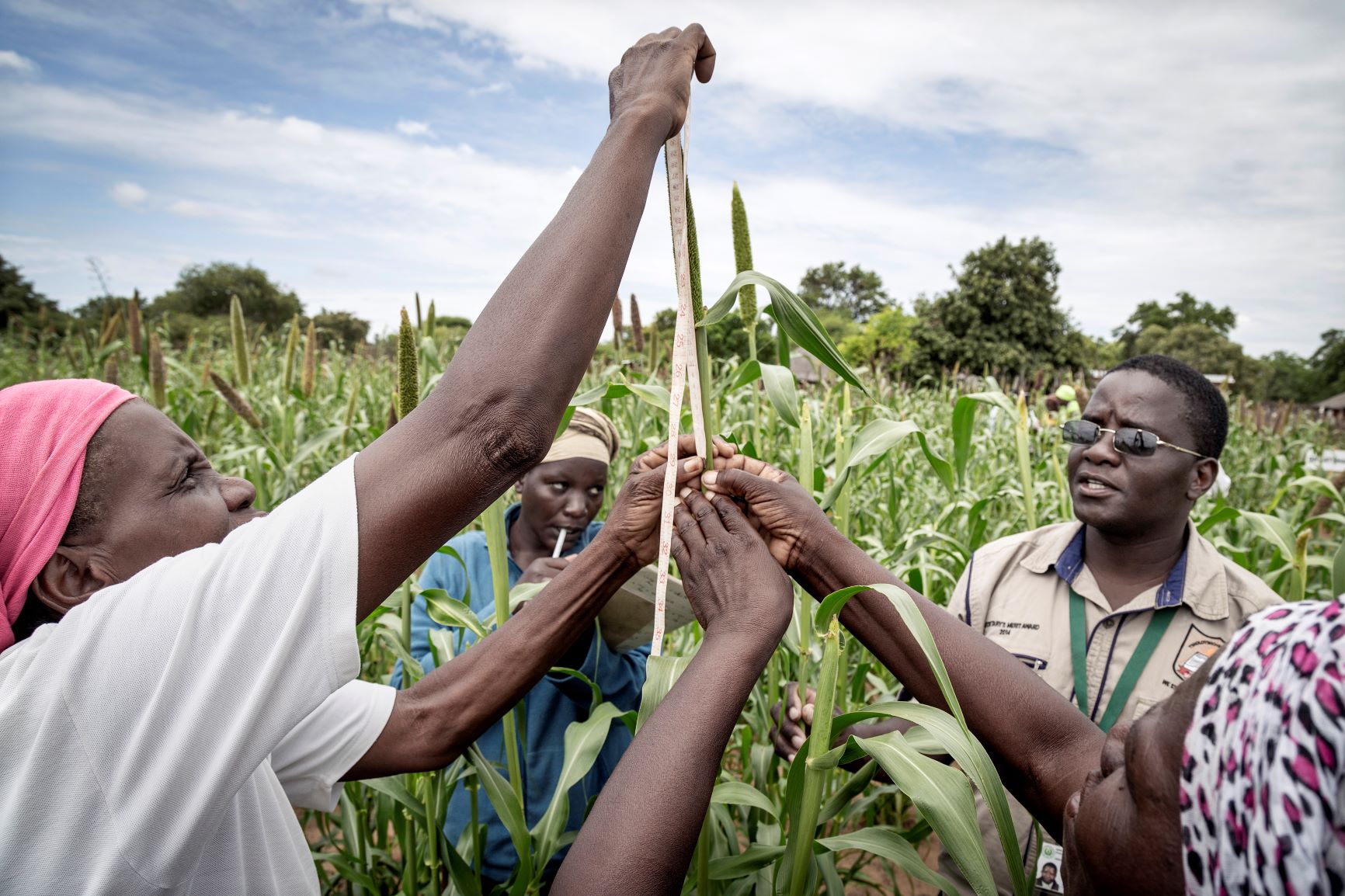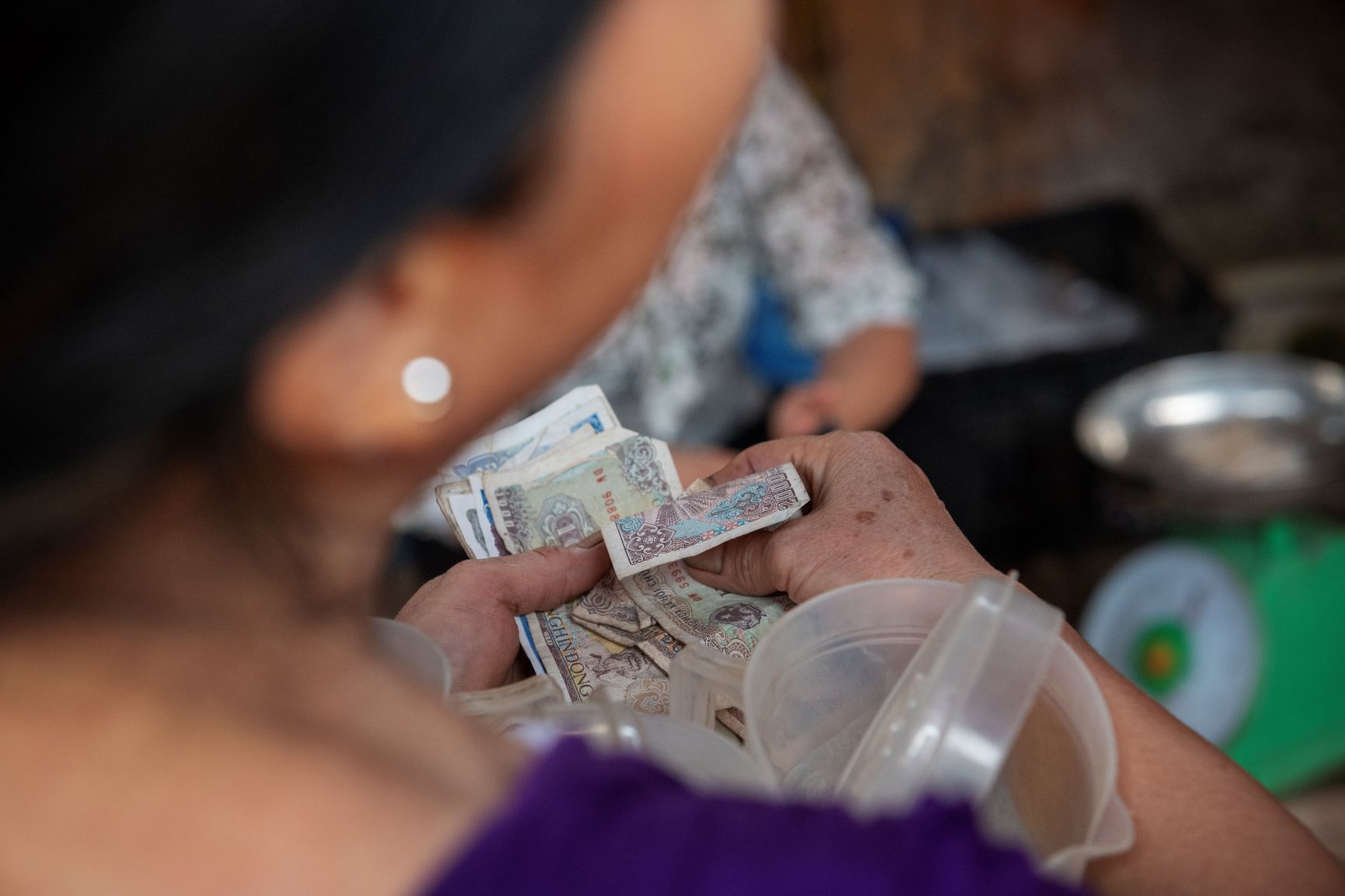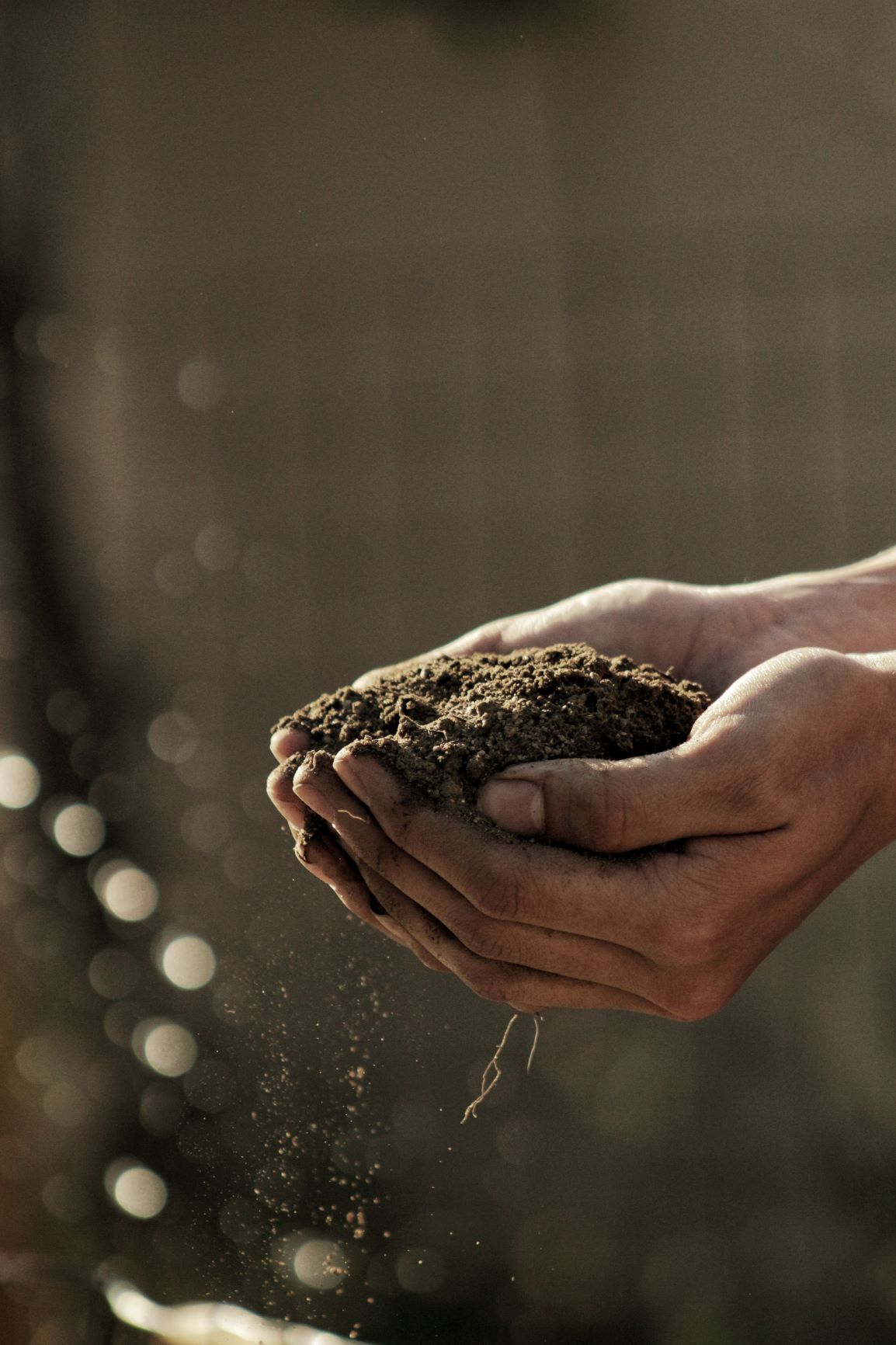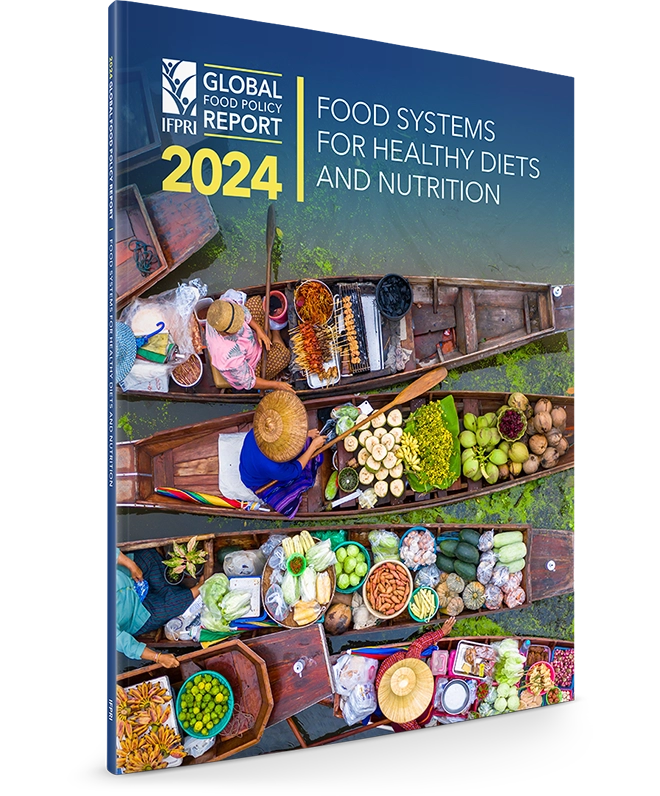Mindblown: a blog about philosophy.
-

Governance
Effective, inclusive, responsive, efficient, and accountable governance is central to the development of sustainable food systems, and more broadly to reducing rural poverty, hunger, malnutrition, and social inequality, as well as to protecting natural resources.
-

Food Security
A changing climate, growing global population, and environmental stressors will affect food security, requiring adaptation strategies and policy responses.
-

Agriculture Production
To meet the world’s growing and changing food needs, agricultural production must become both more efficient and more sustainable.
-

Gender
Gender norms and expectations affect power and resource allocation within households and communities, as well as food and nutrition security of women and their families, agricultural development, and income-earning opportunities.
-

Climate Change
Rising temperatures, shifting rainfall patterns, and increasing extreme weather events threaten agricultural production, but agriculture also contributes to the greenhouse gas emissions that drive climate change
-

Social Protection
Social protection is a set of policies and programs designed to protect and prevent individuals from poverty and vulnerability and promote economic opportunity.
-

Environment and Natural Resources
Sound management of natural resources, including energy, land, and water, is essential to poverty reduction, food security, and sustainability.

The 2024 Global Food Policy Report
This decade has been marked by multiple, often overlapping, crises. The COVID-19 pandemic, natural disasters, and the ongoing war in Ukraine have all threatened the fabric of our global food systems. But opportunities can be found amid crises, and the world’s food systems have demonstrated surprising resilience. With new evidence on what works, now is the time to rethink how we address food crises. Better prediction, preparation, and resilience building can make future crises less common and less devastating, and improved responses can contribute to greater food security, better nutrition, and sustainable livelihoods.




